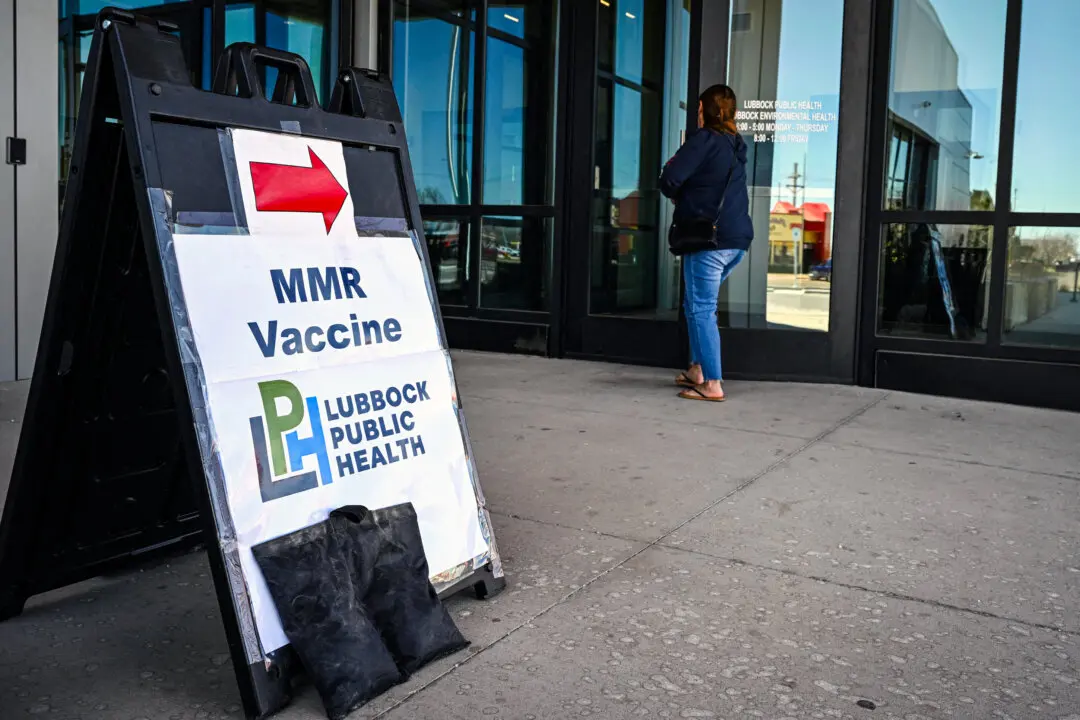Federal health officials have no plans to develop a database for adverse events that happen to people who receive a COVID-19 vaccine, the Food and Drug Administration (FDA) told The Epoch Times.
“At this time there are no specific plans to develop a public database of deaths and adverse events associated with vaccination,” a spokesperson said via email.





